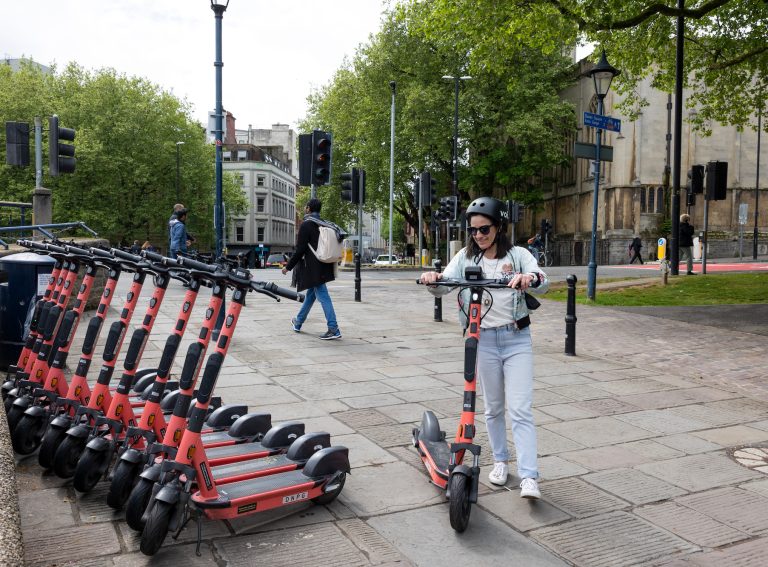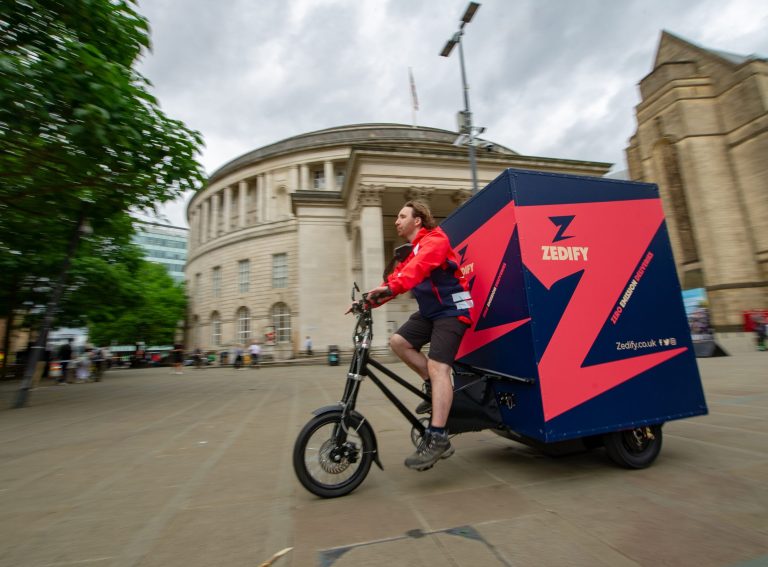The European Transport Safety Council (ETSC) and the independent Parliamentary Advisory Council for Transport Safety (PACTS) have laid out a joint set of recommendations for policymakers to improve e-scooter safety in Europe.
This initiative aims to respond to the increase in deaths and serious injuries associated with the rapid growth of e-scooter usage on the continent over the last five years.
Considering the wide variety of e-scooter regulations in Europe for both private and shared schemes, ETSC and PACTs’ report proposes a standard policy approach to both design and usage of the vehicles to enhance their safety.
“The current regulatory picture across Europe for e-scooters is a muddle,” ETSC Communications Manager Dudley Curtis told Zag Daily. “First and foremost we think it would be sensible to have formal EU recommendations on e-scooter usage, as there are today on drink-driving limits for example.”
“We also think we need a better technical product standard for these vehicles in Europe, rather than a bunch of different national requirements.”
A standardisation of the rules has been well-received by shared operator Dott.
Maxim Romain, Co-Founder and COO of Dott, told Zag: “There is currently a gulf between the standards of shared and private e-scooters, and we welcome these recommendations which will ensure that private vehicles meet the same high standards which have rightly been applied to shared schemes.”
The next step is to bring these recommendations to the authorities.
According to Curtis, policymakers are already concerned about the matter and are looking for sensible guidelines on how to respond.
“Today we are talking about e-scooters, but this needs to be seen within the context of the fundamental shifts we need in urban areas to promote the modes of transport that create the least risks to others – i.e. walking, cycling, public transport and micromobility,” he said.
In the UK, PACTS is pushing for regulation.
“Now the UK government has published its evaluation report on the e-scooter rental trials, we are pressing them to go ahead with consultation and legislation that prioritises safety for rental and private e-scooter users and pedestrians,” said PACTS Executive Director David Davies. “We will be exploring this and other aspects of micromobility at our online conference on 28th March.”
Recommendations
Regarding e-scooter technical standards, the recommendations include a factory-set speed limit of 20 km/h, a power limit of 250W, anti-tampering measures to prevent use at unsafe speeds, minimum wheel size of 30.5cm, independent front and rear brakes, lights, indicators and an audible warning device.
Suggestions for road rules include mandatory helmets, a minimum rider age of 16 and a ban on passengers and pavement riding.
Additionally, the report recommends that policymakers consider e-scooter rider training and education of all road users in awareness of risks involving micromobility vehicles.
ETSC Executive Director Antonio Avenoso added: “While we think e-scooters should go at a safe speed, and their riders should wear helmets, it is also the responsibility of cities to put in place the kind of safe road environment, with a network of separate cycle lanes, and appropriate speed limits, that is essential to greater safety for all.”
To design the recommendations, ETSC and PACTS took into account a wide body of safety data, hospital studies, vehicle safety testing and research from across Europe and beyond.




